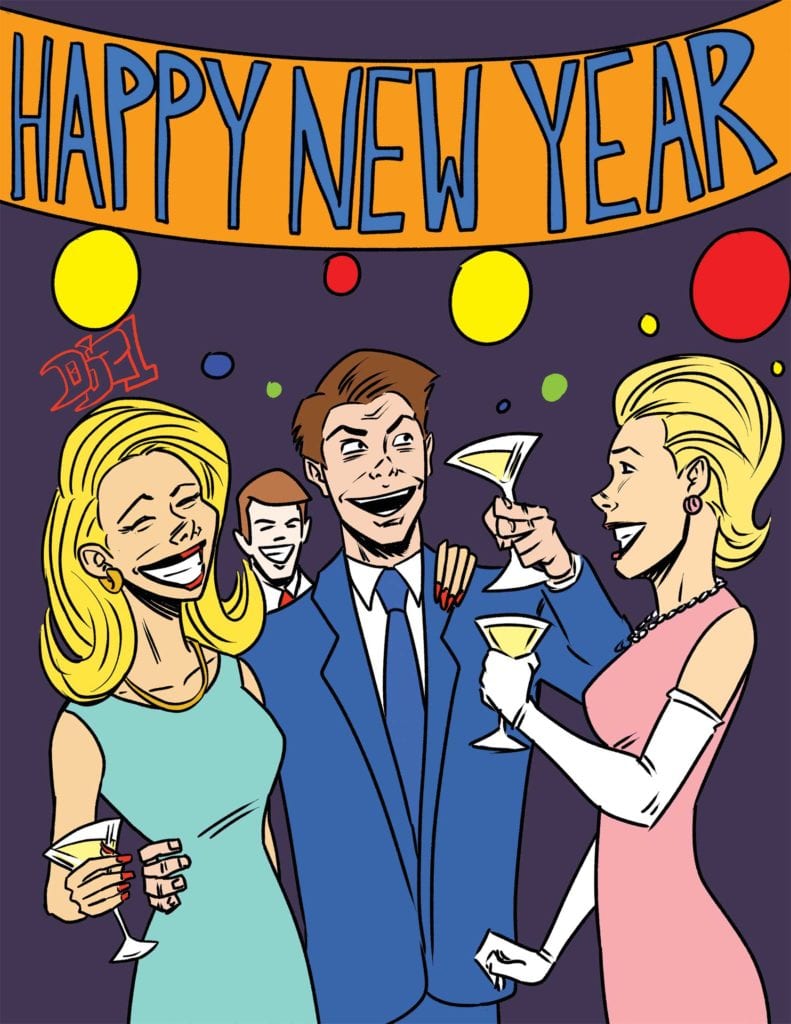
The past year has been so difficult that even those who never formulate New Year’s resolutions might consider doing so for 2021. Covid-19 has taught people that their welfare depends to a great extent on their willingness to comply with the rules and exercise sustained discipline.
While the pandemic has dominated public attention, a dramatic social change that occurred in 2020 cannot be ignored. The incessant police shootings of Black males has finally generated protest from many white Americans who have been tolerant of the problem for many years.
The concerted attention to the issue began with the shooting in 2012 of Trayvon Martin, a teenage Black boy in Sanford, Florida. His assailant was not even a policeman, but an armed resident of a residential community who served as a volunteer security guard. Even though Trayvon was unarmed and was carrying only a bag of Skittles in his hand, the jury believed that he posed a fatal threat to George Zimmerman, who had been charged with murder.
Then another dramatic killing occurred in New York in 2014. Police killed Eric Garner with a chokehold as he resisted arrest for selling unlicensed cigarettes. As he died, Garner said, “I can’t breathe,” words that finally brought an end to the legitimate use of the chokehold by the police.
Only a month later, Michael Brown, an 18-year-old Black youth, was shot to death by the police in Ferguson, Missouri. The police left his body in the street for a disrespectful display.
Over the period of time since the Trayvon Martin killing in 2012, the number of police shootings of Black men grew. According to the Washington Post, the police killed 999 people in 2019. The Black Lives Matter campaign was developed to focus attention on this police violence against Blacks. Americans learned that while Blacks were disproportionately victimized, the police killing of whites and Latinos was also unacceptably high. According to the Post, 405 whites, 249 Blacks and 163 Hispanics were killed by the police. This death rate raises questions on the legitimacy of police standards and policies.
Then on last May 25, police in Minneapolis killed George Floyd by kneeling on his neck until he died. The whole gruesome process was recorded and viewed around the world. Multiracial protests were launched in the U.S. to revise police conduct and finally alter the culture of local police forces.
This is the first New Year after George Floyd’s death, with considerable pressure to resolve the nation’s race problem. Many Americans began to see that the police functioned as a military-type force to oppress Blacks as well as indigent whites and Hispanics. However, racial discrimination has become such a standard element of the American culture that it is more complex to remove than one might think.
We learned from the response of some citizens to the requirement to wear a mask because of Covid-19 that many Americans violently object to being told what to do. If people will object with such violence to a simple practice to save their own lives, then what will their response be to policies that they wrongly believe give preferential treatment to others?
Those who have so far survived Covid-19 unscathed might well consider on their own how to adjust their discriminatory attitudes toward those of another religion or so-called race. Unless you can see a personal advantage in doing so, there will be little incentive to change attitudes. But it’s necessary to have the vision to see the advantage of change. For example, professional baseball players began to like Blacks on the team when the team became able to win games.
A first step might be to ask yourself why it would be helpful in your personal development not to have hostile attitudes toward others. The first step out of the psychological morass might be to ask yourself and then answer that simple question.






